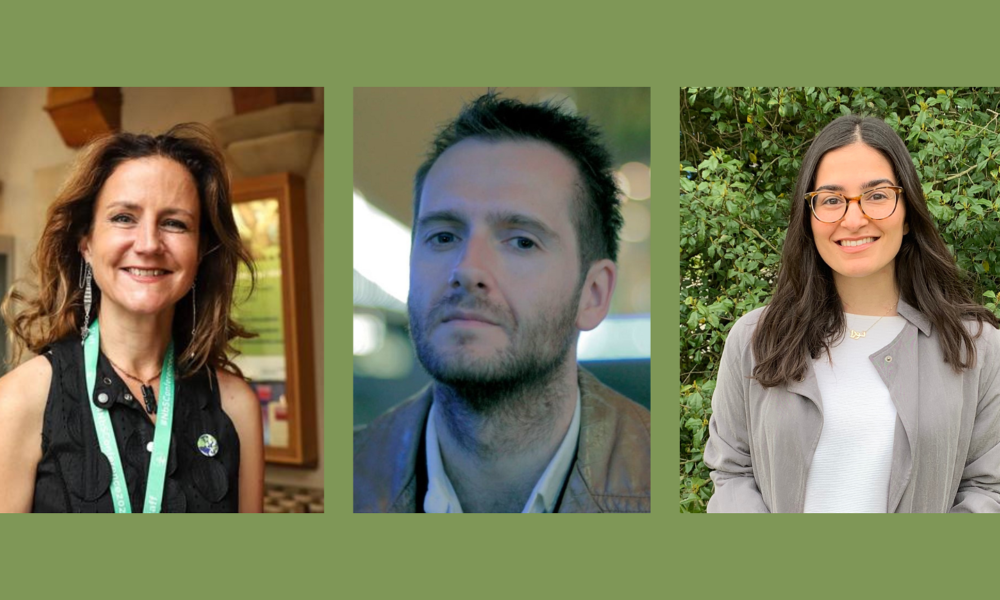Agile and DEFRA speak on environmental science and policy – insights and next steps
Recent News
- From beans to minerals: the new projects getting science into policy
- Hunger on our doorstep
- Place-based working to meet national well-being and sustainability goals

It is important to us to continue experimenting with how best to work with policy makers, so we were very pleased to be invited to give a webinar series during a fortnightly lunchtime slot for DEFRA. We presented show and tells on two recently completed Sprints, and a panel on the relationship between researchers and policy makers. In this post, we detail the discussion that happened on the panel, which took place on 3rd October 2024. The panelists on this webinar were Nathalie Seddon (Director, Agile Initiative), Ian Mairs (International Nature Finance, DEFRA), Noora Kanfash (Public Policy Engagement Facilitator, University of Oxford), Amanna Giles (Office of the Chief Scientific Advisor, DEFRA), and Mark Hirons (Management Group, Agile Initiative).
The panel were asked to reflect on the relationship between academic research and policy-making. Nathalie Seddon opened the session by highlighting the challenges faced by those conducting environmental research for policy, noting the ongoing “fragmentation and the risk of fatigue” in the field. She also emphasised the differing timescales between research and policy-making: “The results of scientific research often take a long time to emerge, due to institutional barriers and the lengthy publication process.”
Ian Mairs commented that, “Policy directions can change quite quickly, and it’s important to be able to do that pivot as needed.” At the same time, we recognize that researchers cannot be constantly pivoting, so there is important work in co-designing research agendas that can deliver value for policy-makers in the face of uncertainties about evolving policy priorities.
Finding the right people to work on a project can take a long time, and it can be easier for bodies like DEFRA to work with consortiums or brokers within universities, as a conduit to the right people. Noora Kanfash noted that coordinating engagement with and within larger academic institutions could be challenging, particularly when trying to facilitate interdisciplinary collaboration. The panel agreed that having existing relationships with policy-makers is helpful, but that maintaining those relationships becomes a problem in small teams, and as people move on to other jobs. Noora commented that when researchers and policy-makers have the opportunity to understand one another’s pressures, constraints and priorities, it enables them to develop more fruitful partnerships. She referenced Agile, the Oxford Policy Engagement Network and the Universities Policy Engagement Network as initiatives that bridge academia and policy in order to provide such opportunities.
An attendee who works at DEFRA commented that it would be useful for researchers to provide a wider range of ways for policy-makers to engage in research, for example in the kind of webinars that Agile presented, or a Sharepoint which could facilitate informal interactions and the sharing of relevant academic papers.
At Agile, we are continually exploring new ways to collaborate effectively with policy-makers. Nathalie expressed gratitude for the support of our funding body, NERC, stating, “We’re fortunate and grateful that NERC is trusting us to experiment and build a new architecture and framework that allow us to respond to emerging projects more swiftly. It’s crucial for funding bodies to recognise that we all need to be faster and more adaptive in our responses.”
Nathalie concluded on a hopeful note: “I’m optimistic that these experiments will inspire funders to allocate more resources to institutions willing to work in this way.”


